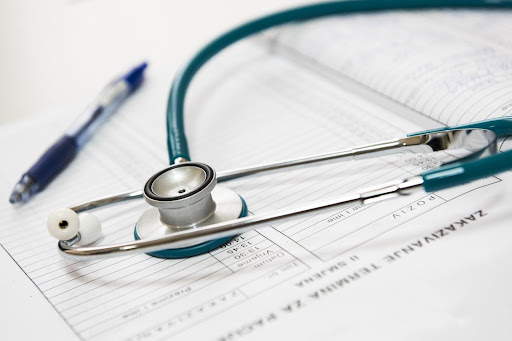Hypertension can be caused by a number of different factors. These factors can include obesity, diabetes, endocrine diseases, and prescription drugs. However, a few of the leading causes of hypertension may not be easily avoided. To help you avoid developing hypertension, you can start with some preventive measures.
Diabetes
Hypertension is a common complication of diabetes and affects more than half of all patients with the condition. Click here for more information about the intersection between these two conditions.
When left uncontrolled, it leads to an increased risk of developing microvascular and macrovascular problems. It is also linked to a higher mortality rate. In fact, 65 percent of diabetes-related deaths are due to cardiovascular disease. Patients with high blood pressure are also at risk for developing type 2 diabetes.
The condition is often triggered by an illness or stress. During the illness or stressful periods, the body produces hormones that increase blood glucose levels. Eventually, this can lead to life-threatening dehydration and coma. As a result, it is vital to monitor your blood glucose levels to prevent this from becoming an issue.
You can easily monitor your blood pressure at home using a blood pressure monitor. These home kits can be purchased at pharmacies, chemists and our online store. The device can help you manage diabetes better. During times when routine care is interrupted, these kits can help you track your blood pressure levels.
If you have diabetes, you can also reduce your blood pressure by making certain lifestyle changes. A healthy diet, adequate exercise, and a healthy lifestyle can help control your high blood pressure and reduce your risk of complications.
The American Heart Association recommends that people with high blood pressure participate in 150 minutes of moderate to vigorous physical activity a week. Click this link more information.
Also, they recommend that people with high blood pressure limit their salt intake to two grams per day, or one teaspoon. You should also try to cut back on sweetened beverages, such as soda.
Having diabetes and high blood pressure is a dangerous combination. Both conditions increase your risk for heart disease and stroke. Both conditions need to be treated promptly. Lifestyle changes and medication can help manage your blood pressure.

Endocrine diseases
There are several endocrine diseases that cause hypertension, including primary aldosteronism. This condition is characterized by insidious presentation, but can be surgically corrected. It is thought to be the most common secondary cause of hypertension. Surgical intervention is often effective.
Patients with this disease often experience young-onset hypertension. These people often require more than two blood pressure medications to control hypertension.
Primary aldosteronism can lead to severe hypertension, and is associated with an increased risk of adverse cardiac events. Other endocrine diseases that cause high blood pressure include pheochromocytoma, thyroid disease, and pituitary tumours.
Endocrine diseases cause hypertension in the female population and in women of childbearing age. However, only a small number of cases occur during pregnancy, and if left untreated, endocrine-mediated hypertension can result in 30% maternal and fetal mortality.
Although there are various medications to treat primary aldosteronism, a recent clinical practice guideline published by the Endocrine Society recommends preoperative blockade of hormonally functional PPGL (PPG) receptors. Treatment with a mineralocorticoid antagonist (MCA) is also recommended for patients with primary aldosteronism.
Obesity
Obesity has long been associated with high blood pressure. It can be one of the causes of hypertension or a symptom of the condition. Research has shown that people with hypertension are at an increased risk for cardiovascular disease. Although obesity alone is not a cause of high blood pressure, it is a major mediator.
A link between obesity and high blood pressure was established as far back as the 1900s. There are several factors that contribute to this association, but one common factor is that fat tissue circulates a hormone called leptin.
This hormone transmits signals to a section of the brain called the hypothalamus, which then triggers the growth of blood vessels in the body. This leads to the development of high blood pressure.
Obesity also causes renal injury. This damage can result in serious chronic kidney disease, which is harder to treat. Obesity is an important risk factor for essential high blood pressure, chronic kidney disease, and diabetes.
Obesity causes elevated blood pressure in part through increased renal tubular sodium reabsorption. It also impairs the process of pressure natriuresis and increases the activity of the sympathetic nervous system.
Other risk factors include genetics, race, gender, and age. While it is not known what causes high blood pressure, studies have found that people who are obese are at a significantly higher risk of developing it. In addition, whites are more likely to develop high blood pressure than blacks or Hispanics.
Despite the risks associated with obesity, metabolic surgery is increasingly recognized as an effective treatment for obese hypertensive patients. While this may not be the only treatment for obesity-related high blood pressure, it is one of the most promising methods of achieving significant weight loss.

